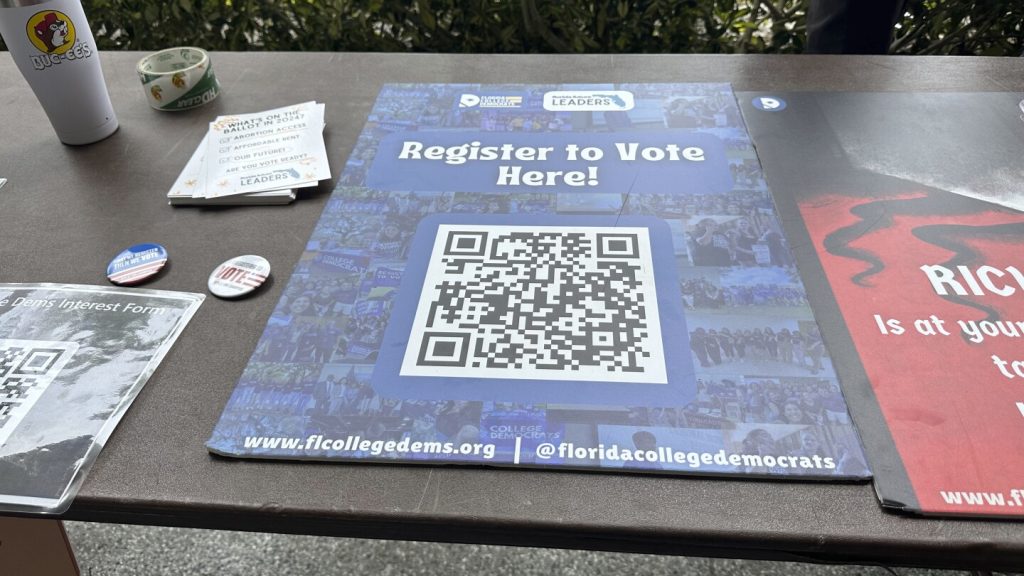Republicans and conservative activists are pushing back against a voting rights executive order issued by the Biden administration three years ago. They claim it is unconstitutional and an attempt to interfere in the upcoming midterm elections. The order, aimed at boosting voter registration, has been criticized as a partisan tactic to favor Democratic voters. However, the White House asserts that the order is meant to protect the voting rights of all eligible citizens, regardless of political affiliation.
The executive order issued by President Biden in 2021 is designed to simplify the voter registration process and ensure that all eligible citizens have easy access to voting. The order directed federal agencies to update the vote.gov website with information in multiple languages and required agencies like the Department of Defense and the Department of Justice to provide voter registration resources to specific groups, such as military personnel and individuals in federal custody. Despite claims by Republicans that the order exceeds federal authority, supporters argue that it is necessary to protect voting rights.
Republican leaders have raised concerns about the Biden administration’s efforts to implement the executive order, accusing federal agencies of overreach and misuse of taxpayer funds. Some Republicans have likened the order to a partisan scheme to influence the outcome of the 2024 election. However, former White House officials involved in implementing the order maintain that it aligns with existing federal laws and regulations. The order requires state participation in the voter registration process and aims to facilitate voter engagement without favoring any particular political party.
While federal agencies have taken steps to comply with the executive order, some Republican state officials have resisted its implementation. West Virginia Secretary of State Mac Warner and other GOP secretaries of state have called the order federal overreach and have refused to accept voter registration forms collected by federal agencies. These officials have sought to challenge the order’s legality in court, with some filing a brief in the U.S. Supreme Court asking the justices to review the case. The court has not yet decided whether to take up the case, but if it does, arguments would not occur until early next year.
Critics of the executive order, including Republican lawmakers, have labeled it “Bidenbucks” in an attempt to draw parallels to past controversies surrounding election funding. However, supporters of the order argue that it is a straightforward effort to streamline voter registration and ensure accurate voter rolls. David Becker, a former Justice Department lawyer, described the order as innocuous and beneficial for election integrity. Despite the escalating criticism from conservatives, proponents view the executive order as a common-sense measure to promote voter participation and uphold democratic principles.
In conclusion, the debate over the Biden administration’s voter registration executive order highlights the partisan divide over voting rights and election integrity. Republicans and conservative activists are challenging the order as an unconstitutional power grab, while Democrats and voting rights advocates see it as a necessary measure to protect and expand access to voting. As the issue continues to unfold, the courts will play a significant role in determining the legality and impact of the executive order on the upcoming elections. Ultimately, the outcome of this debate will have far-reaching implications for the future of voting rights in the United States.


